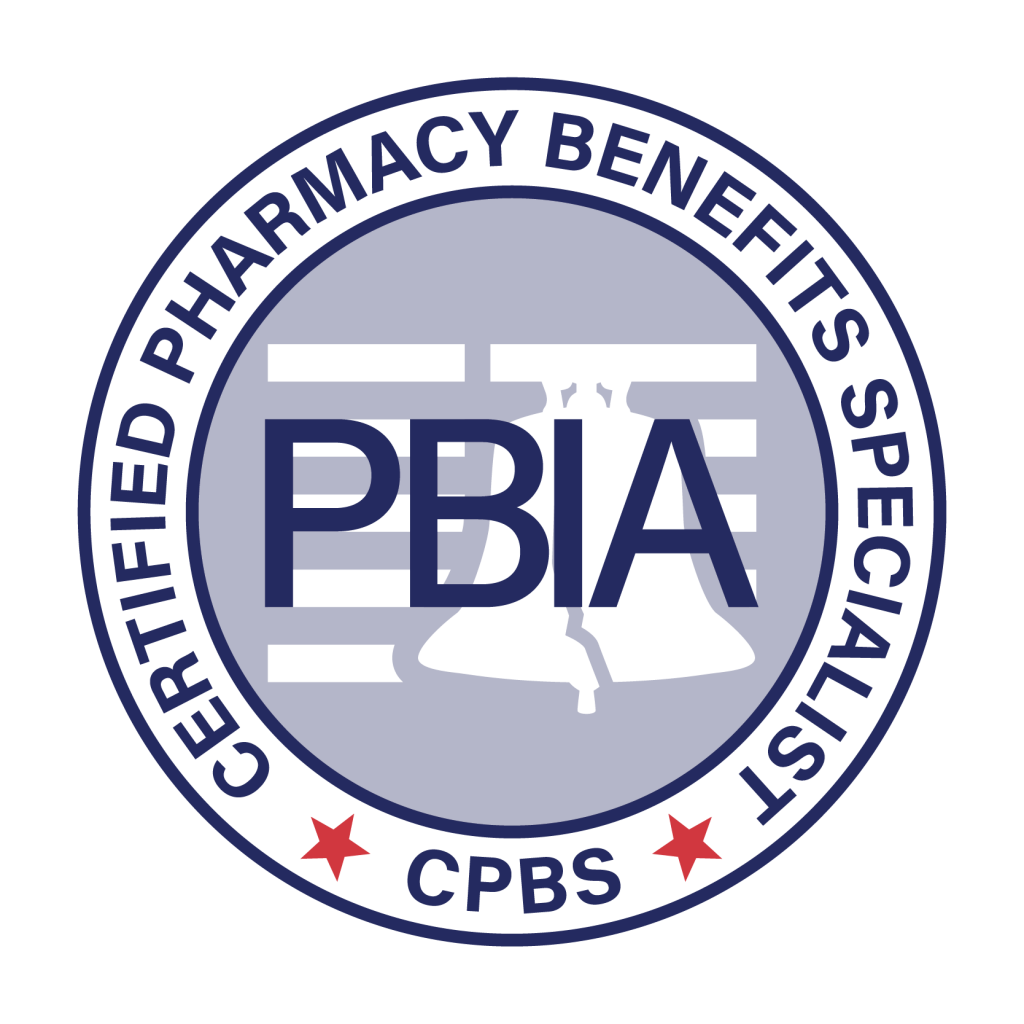What do Ticketmaster and Pharmacy Benefit Managers have in common and other notes from around the interweb:
- Accumulators And Maximizers: A New Front in the Battle Over Drug Costs. At the time the patient presents to the retail pharmacy and uses the copayment coupon, the retail pharmacy (which contracts with the PBM) enters the amount of the coupon in the adjudication system. The PBM notes this part of the transaction and deducts the value of the coupon so that it does not “accumulate” against the deductible. (The pharmaceutical assistance program also notes the value of the coupon, as the programs do put limits on the amount of assistance available.) The beneficiary still avoids the copayment cost at least until she hits the limits on the copayment program, when the coupon ceases to become available and the patient must begin to pay, reinstating the original incentives. From the payer’s point of view—either the self-insured employer or the insurer—the effect is financially salutary. Some pharmaceutical firm funds help pay for the initial costs of the medication. But eventually, the deductible and copayments come back into play and promote consumerism. Yet, as the coupon limits come into play, the beneficiary faces challenges from out-of-pocket spending, and adherence can drop.
- What do Ticketmaster and Pharmacy Benefit Managers have in common? Popular American singer and songwriter, Taylor Swift, released her newest album ‘Midnights’ in October. The album quickly became the most-streamed album in 24 hours on Spotify, with 184.6 million streams, according to Guinness World Records. Following the release, the artist sought to work with Ticketmaster, a company who arguably has a monopoly on all ticket sales in the country, for pre-sale tickets for her new ‘Eras’ tour. But shortly after online pre-sale started for the tour on Tuesday, November 15th, Ticketmaster canceled the public on-sale that was supposed to take place on Friday, after the site had sold two million tickets and saw long wait times and temporary outages. How is Ticketmaster getting away with this? Pharmacy benefit managers (PBMs), like Ticketmaster, are third-party administrators of prescription drug programs that are primarily responsible for processing and paying prescription drug claims. As Wayne Winegarden notes in his study, “The Economic Costs of Pharmacy Benefit Managers,” due to their government sponsored ‘near-monopoly’ position, PBMs can charge fees that are high and retrospective.
- Getting off the PBM Merry-go-Round: How Late-stage Offer Tricks Take Employers for a Ride. Monies offered by PBMs come in many forms – a general allowance credit that the client can use to pay for claims and expenses during open enrollment and implementation, an administrative credit that the client can use to pay back to the PBM for administrative fees, a clinical credit that the client can use to pay for voluntary clinical programs administered by the PBM or, at times, slightly improved pricing. If it seems odd that two of these credits go towards paying back the PBM for additional services, that’s because it is. Employers should think of these credits like getting tokens at a carnival – the tokens are valuable, but only if the employer uses them at the proverbial PBM carnival (i.e., invests them back into the PBM). If PBMs would manage their costs appropriately to begin with, employers wouldn’t be taken for this ride.
- ERISA-Covered Companies Must Disclose Health Plan Costs. Starting in 2022, an estimated 2.5 million employer-sponsors of health plans are required to adopt new fee and pricing transparencies due to amendments made to ERISA. While ERISA has focused on retirement service fees in the past, the spotlight is now on healthcare costs. The requirements fall under the Affordable Care Act (ACA) and Consolidated Appropriations Act, 2021 (CAA 2021), and affect organizations covered by the Employment Retirement Income Security Act of 1974 (ERISA). ERISA applies to most private companies that offer healthcare and retirement plans to employees. Complying with ERISA fiduciary duties for group health plans has been challenging due to the lack of fee transparency in the industry. However, the new transparency rules put more fee and pricing information into the hands of health plan fiduciaries and other stakeholders to shed light on these fees.
